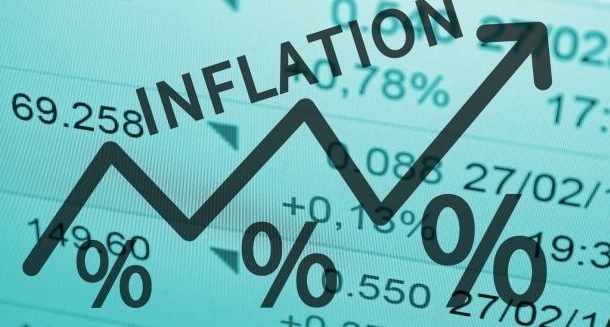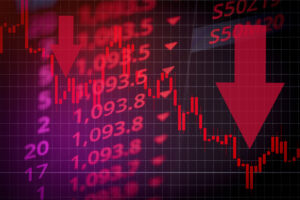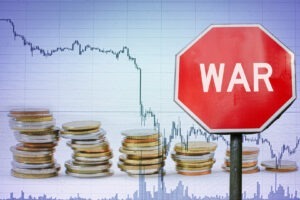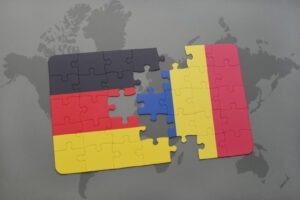The annual inflation rate in the European Union rose to 2.5% in July from 2.2% in the previous month, with the member countries with the highest rates being Estonia, Poland, Hungary, Lithuania and Romania, according to data published Wednesday by the European Statistical Office (Eurostat) and quoted by Agerpres.
Urmărește mai jos producțiile video ale Economedia:
- articolul continuă mai jos -
Compared with the situation in June 2021, the annual inflation rate fell in nine member states, remained stable in two and rose in 16 countries. Among the latter is Romania, where the annual inflation rate rose to 3.8% in July from 3.5% in June. This compares with an annual inflation rate of 2.5% in Romania in July 2020.
The highest annual inflation rates in the EU last month were recorded in Estonia (4.9%), Poland and Hungary (both 4.7%), Lithuania (4.3%) and Romania (3.8%), and the lowest in Malta (minus 0.3%), Greece (0.7%) and Italy (1%).
Eurostat data also show that the annual inflation rate in the euro area rose to 2.2% in July from 1.9% the previous month. In July 2020, the annual inflation rate in the euro area was 0.4%.
For euro zone countries, the most significant impact on annual price growth came from energy, where an increase of 1.34 percentage points was recorded, followed by food, alcoholic beverages and cigarettes (0.35 percentage points), services (0.31 percentage points) and non-energy industrial goods (0.17 percentage points), according to Agerpres.
Last month, after an 18-month strategic review process, the European Central Bank announced a change in its inflation target to 2% over the medium term, abandoning the previous wording that the ECB was aiming for a “lower but close to 2%” inflation target, which created the impression that the Frankfurt-based institution was more concerned about price growth above its target than below.
Tensions over high prices are worrying financial markets, which fear the possibility of higher interest rates. But both the European Central Bank (ECB) and the US Federal Reserve (Fed) and the International Monetary Fund (IMF) see the current rise in inflation as temporary.































